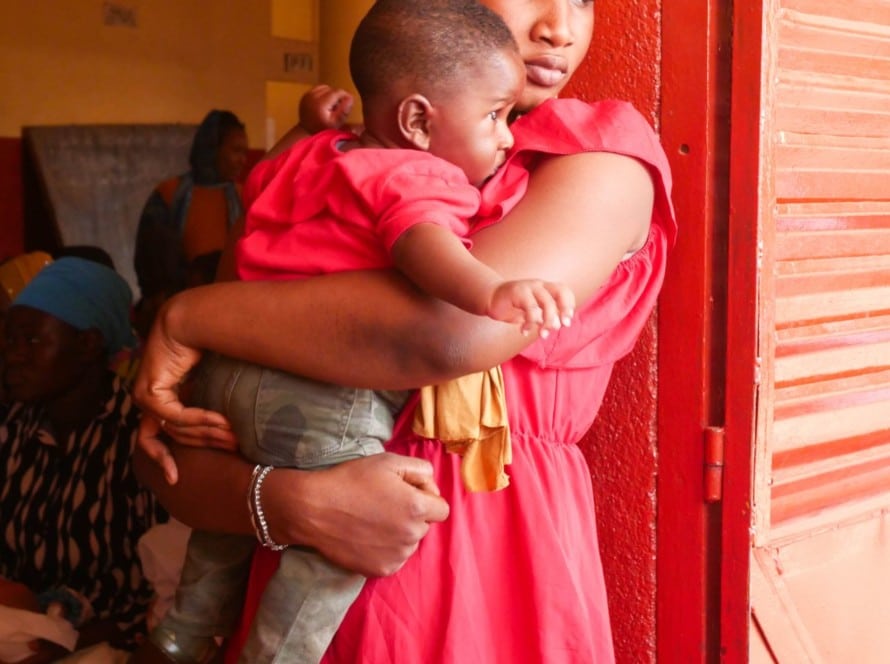Climate change represents one of the most significant global challenges of the 21st century, impacting various aspects of human health, especially in low- to middle-income countries and in Africa. This article synthesizes research findings from the past 15 years to elucidate the effects of climate change on health, focusing on its incidences, health impacts, and the specific vulnerabilities of low- to middle-income countries and Africa.
What is Climate Change?
Climate change refers to long-term alterations in temperature, precipitation patterns, and increased frequency of extreme weather events. Human activities, primarily the emission of greenhouse gases, have been identified as a leading cause of these changes, resulting in global warming and significant environmental shifts (Costello et al., 2009; Wu et al., 2016).
Incidences of Climate Change
The incidences of climate change are manifold, ranging from rising sea levels and melting ice caps to increased occurrences of heatwaves, floods, droughts, and hurricanes. These environmental changes are not only a consequence of increased temperatures but also lead to significant biodiversity loss, altered ecosystems, and disrupted water and food supply chains (Caminade et al., 2018; Gasparrini et al., 2017).
Effect on Health
The health effects of climate change are both direct and indirect. Directly, climate change influences the spread of vector-borne diseases (e.g., malaria, dengue), respiratory and heat-related illnesses, and injuries from extreme weather events. Indirectly, it impacts health through agricultural productivity, water and food security, and mental health challenges (Sheffield & Landrigan, 2010; Berry, Bowen, & Kjellstrom, 2010).
Focus on Low to Middle Income Countries
Low- to middle-income countries are particularly vulnerable to the health impacts of climate change due to their limited adaptive capacities, reliance on agriculture, and already existing burdens of diseases. Climate change exacerbates issues of food and water insecurity, malnutrition, and the spread of infectious diseases, placing an additional burden on these countries’ healthcare systems (Tong & Ebi, 2019; Levy & Patz, 2015).
Effect on Health in Africa
Africa, as a continent, faces unique challenges from climate change, given its geographical diversity and socioeconomic status. The health impacts in Africa are profound, with significant increases in malnutrition, vector-borne diseases, and health conditions related to water scarcity. The region’s limited infrastructure and healthcare systems further complicate the response to and mitigation of these health impacts (Cunsolo Willox et al., 2012; Kjellstrom & Mcmichael, 2013).
Conclusion
Climate change is a global health threat that necessitates immediate and concerted efforts to mitigate and adapt to its impacts. The evidence suggests that its effects on health are particularly severe in low- to middle-income countries and in Africa, where vulnerabilities are exacerbated by socioeconomic factors. To protect human health and wellbeing, it is critical to implement strategies that address the root causes of climate change and strengthen public health systems to cope with its impacts.
Reference:
- (Costello et al., 2009)
- (Sheffield & Landrigan, 2010)
- (Wu et al., 2016)
- (Caminade et al., 2018)
- (Gasparrini et al., 2017)
- (Tong & Ebi, 2019)
- (Levy & Patz, 2015)
- (Cunsolo Willox et al., 2012)
- (Kjellstrom & Mcmichael, 2013)




